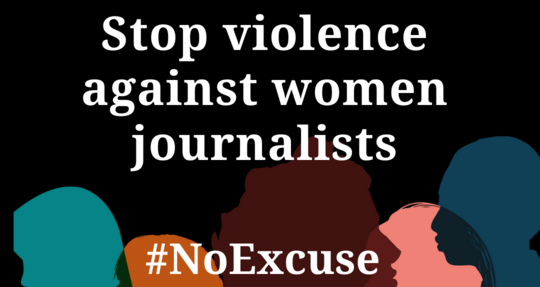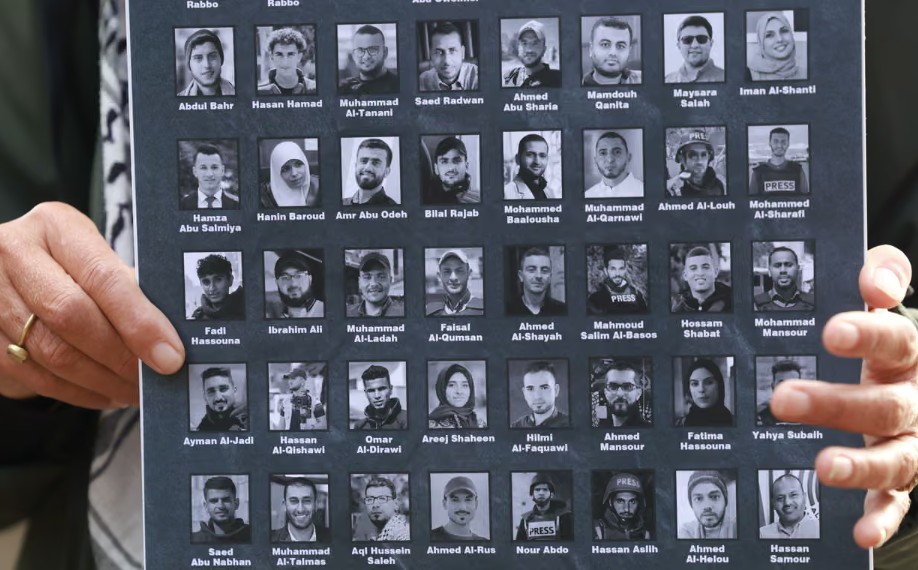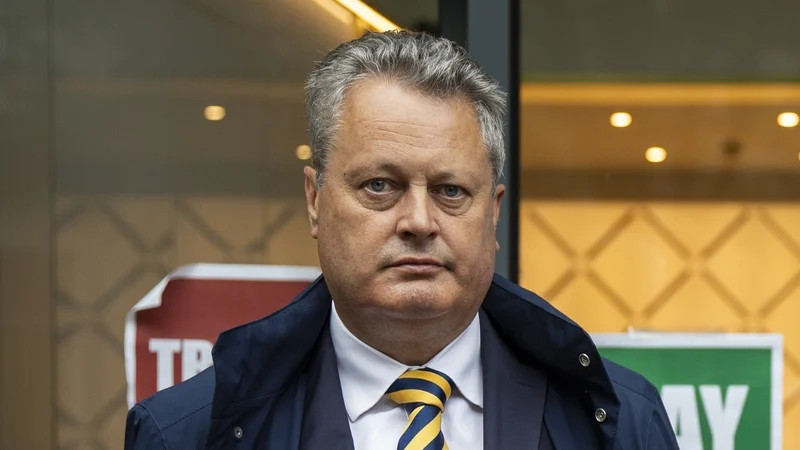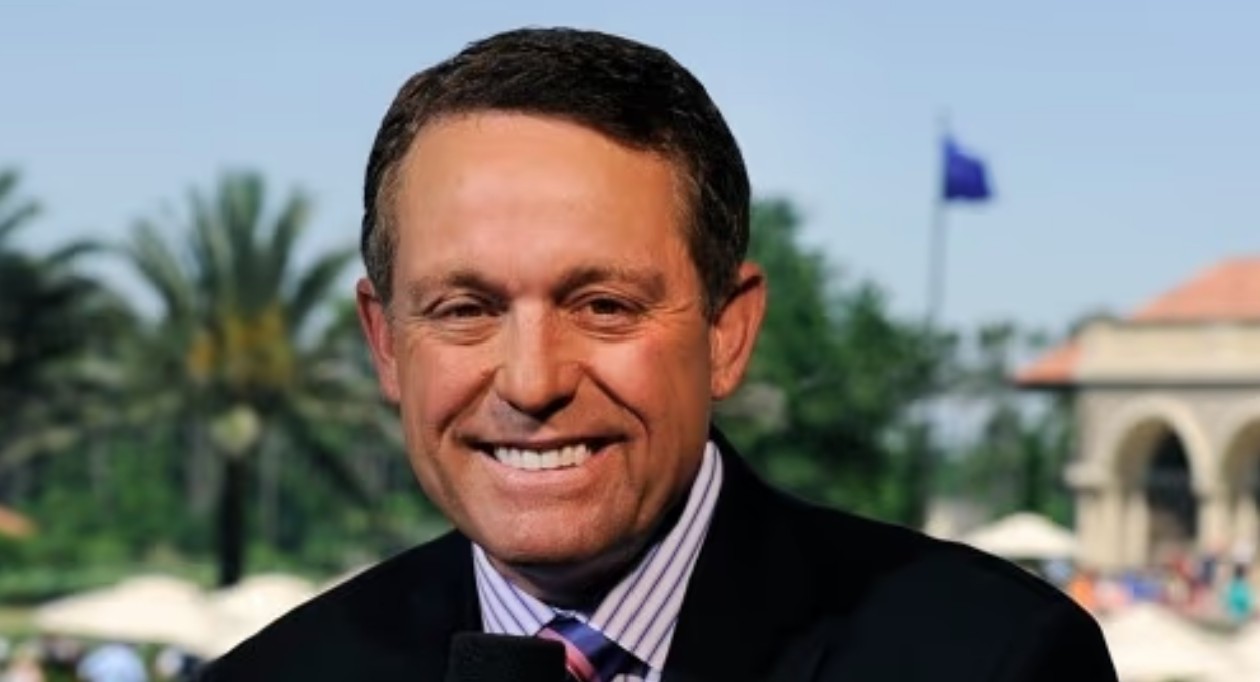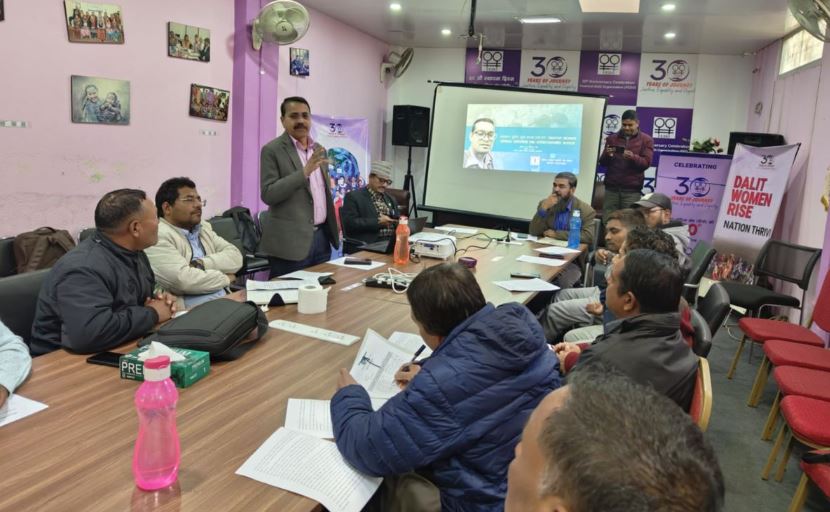
A Farmer’s Festival and a Journalist’s Funeral
November 21, 2024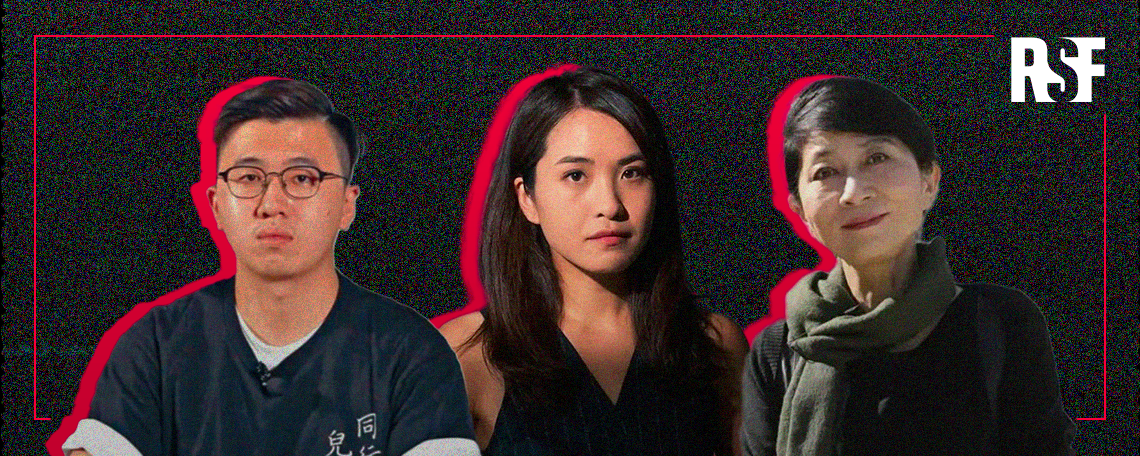
Hong Kong’s “47” Trial: Press Freedom Figures Among Those Jailed for Subversion
November 22, 2024November 22, 2024 – General –
Ahead of the International Day for the Elimination of Violence against Women on November 25, the International Federation of Journalists (IFJ) issued a strong call urging governments around the world to implement legal frameworks that explicitly outlaw gender-based violence, especially targeting women in journalism. The IFJ emphasized that despite global awareness, violence against women journalists—ranging from sexual harassment to online abuse and physical attacks—remains widespread and largely unpunished.
The IFJ highlighted that these threats are not isolated incidents but part of a systemic pattern rooted in gender inequality and power imbalances, both within media institutions and in society at large. Women journalists often experience double vulnerability: as reporters and as women. Their exposure to violence—both online and offline—has increased, particularly in authoritarian settings and digital spaces where misogyny flourishes with little oversight.
To address this crisis, the IFJ urged states to ratify and enforce ILO Convention 190, the first international treaty that recognizes the right to a workplace free from violence and harassment, including gender-based violence. The organization also called for national laws that criminalize sexual and psychological abuse in the workplace, and for the establishment of independent mechanisms to investigate and punish offenders.
The IFJ further encouraged media organizations and journalist unions to develop internal protocols, reporting mechanisms, and support systems—including legal aid and counseling services—to protect victims and hold perpetrators accountable. These steps, the federation stressed, are essential to transforming media into safer, more equitable environments.
IFJ General Secretary Anthony Bellanger said, “Too many women journalists face threats, harassment, and abuse every day. Governments must stop paying lip service and start enacting and enforcing laws that guarantee real protection.”
As part of its campaign, the IFJ continues to work with unions and civil society under the global UNiTE initiative to push for meaningful change. The message is clear: words are not enough. Without binding legislation and concrete action, the cycle of abuse will persist, and women journalists will remain at risk simply for doing their jobs.
Reference –

